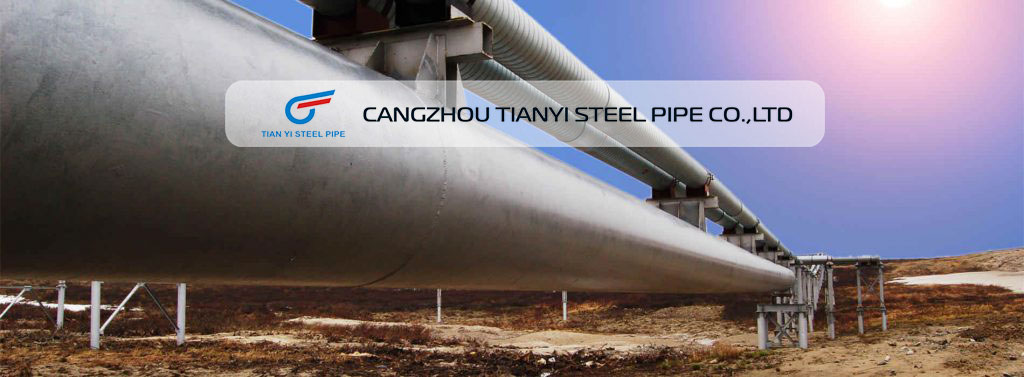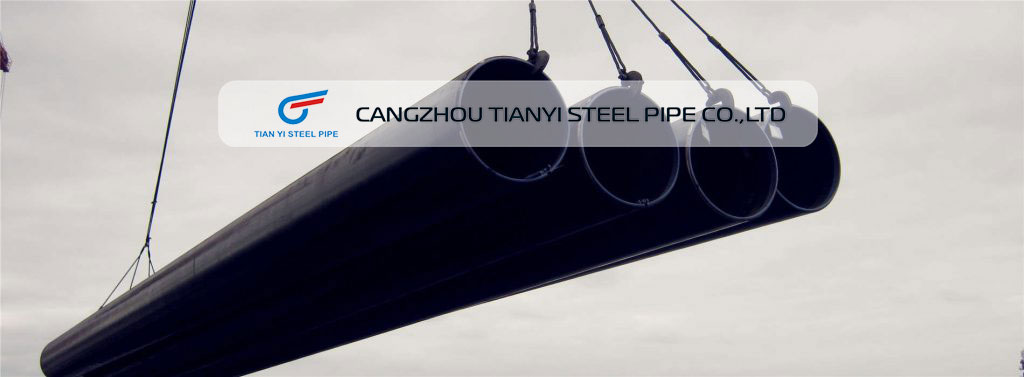ABOUT STEEL

Steel is the world's most important engineering and construction material. It is used in every aspect of our lives; in cars and construction products, refrigerators and washing machines, cargo ships and surgical scalpels. It can be recycled over and over again without loss of property.
Steel is an alloy of iron and carbon containing less than 2% carbon and 1% manganese and small amounts of silicon, phosphorus, sulphur and oxygen. Steel is the world's most important engineering and construction material. It is used in every aspect of our lives; in cars and construction products, refrigerators and washing machines, cargo ships and surgical scalpels.
Steel is not a single product. There are more than 3,500 different grades of steel with many different physical, chemical, and environmental properties.
Approximately 75% of modern steels have been developed in the past 20 years. If the Eiffel Tower were to be rebuilt today, the engineers would only need one-third of the steel that was originally used.
Modern cars are built with new steels that are stronger but up to 35% lighter than in the past.
Steel is completely recyclable, possesses great durability, and, compared to other materials, requires relatively low amounts of energy to produce. Innovative lightweight steels (such as those used in in automobiles and buidlings) help to save energy and resources. The steel industry has made immense efforts to limit environmental pollution in the last decades. Producing one tonne of steel today requires just 40% of the energy it did in 1960. Dust emissions have been reduced by even more.



